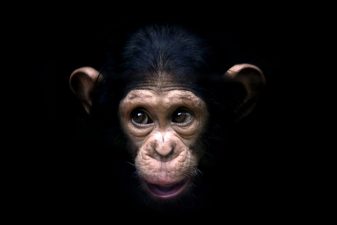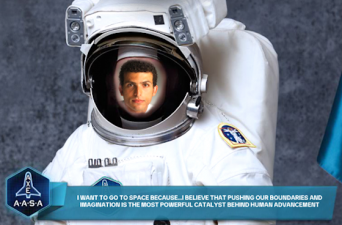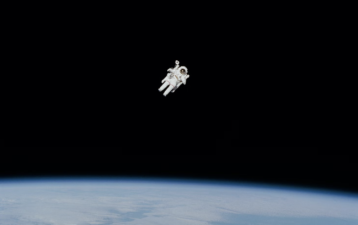 American twins Scott (left) and Mark Kelly are the only identical twin astronauts in history, but after Scott spent nearly a year on a space mission, they may not be identical anymore.
American twins Scott (left) and Mark Kelly are the only identical twin astronauts in history, but after Scott spent nearly a year on a space mission, they may not be identical anymore.
In 2016, when Scott Kelly returned to Earth after a 340-day voyage aboard the International Space Station (ISS), he was 2 inches taller than when he left. Doctors verified that his body mass decreased, his gut bacteria were completely different, and — according to preliminary findings from NASA researchers — his genetic code had changed significantly. (Since re-entering Earth, Kelly has shrunk back down to his pre-space-flight height.)
NASA has released a new statement that suggests the physical and mental stresses of Scott Kelly’s year in orbit may have activated hundreds of “space genes” that altered his immune system, bone formation, eyesight and other body functions. Most of these changes reverted to normal following Kelly’s return to Earth, but about 7 percent of the his genetic code remained altered, and the changes appear to be permanent.
“The stresses of space travel…can cause changes in a cell’s biological pathways,” according to the NASA statement. “Such actions can trigger the assembly of new molecules, like a fat or protein, cellular degradation, and can turn genes on and off, which change cellular function.”
Scott’s time aboard the ISS was part of a unique NASA project called the Twins Study, which tracked the long-term effects of space travel on the human body. In March 2015, he joined the ISS to begin what would become the single longest space mission any astronaut has undertaken – most astronauts stay aboard the ISS for up to six months only. Meanwhile, his identical twin brother, Mark (a retired astronaut) remained on Earth as a control subject.
Because identical twins are born with identical DNA, the brothers made ideal subjects for before-and-after comparison, and researchers tested both men before, during and after Scott’s year in space to map specific changes in their and mental health.
NASA concluded that most of Scott’s physical changes proved to be temporary responses to the low-gravity, low-oxygen environment of space, however, genes involved in bone formation, oxygen deprivation, immune system responses and DNA repair remained transformed after his return to Earth. The reason could involve a reaction to an “the stress of space”.
“Oftentimes, when the body encounters something foreign, an immune response is activated,” Christopher Mason, a Twins Study researcher and an associate professor at Weill Cornell Medical College, told Business Insider. “The body thinks there’s a reason to defend itself. We know there are aspects of being in space that are not a pleasant experience, and this is the molecular manifestation of the body responding to that stress.”
Understanding why and how these “space genes” activate will be crucial to planning longer manned space missions. Green Prophet has been keeping you updated on other innovations that are making a Mars mission more of a reality (link here).
More than 200 researchers in 30 states are helping to analyze the Kelly brothers’ various test results, looking for space-induced changes in Scott Kelly’s cognition, metabolism, microbiome and many other physiological processes. NASA views the findings of the Twins Study – which will be published later this year – as a significant stepping stone to a three-year mission to Mars.



